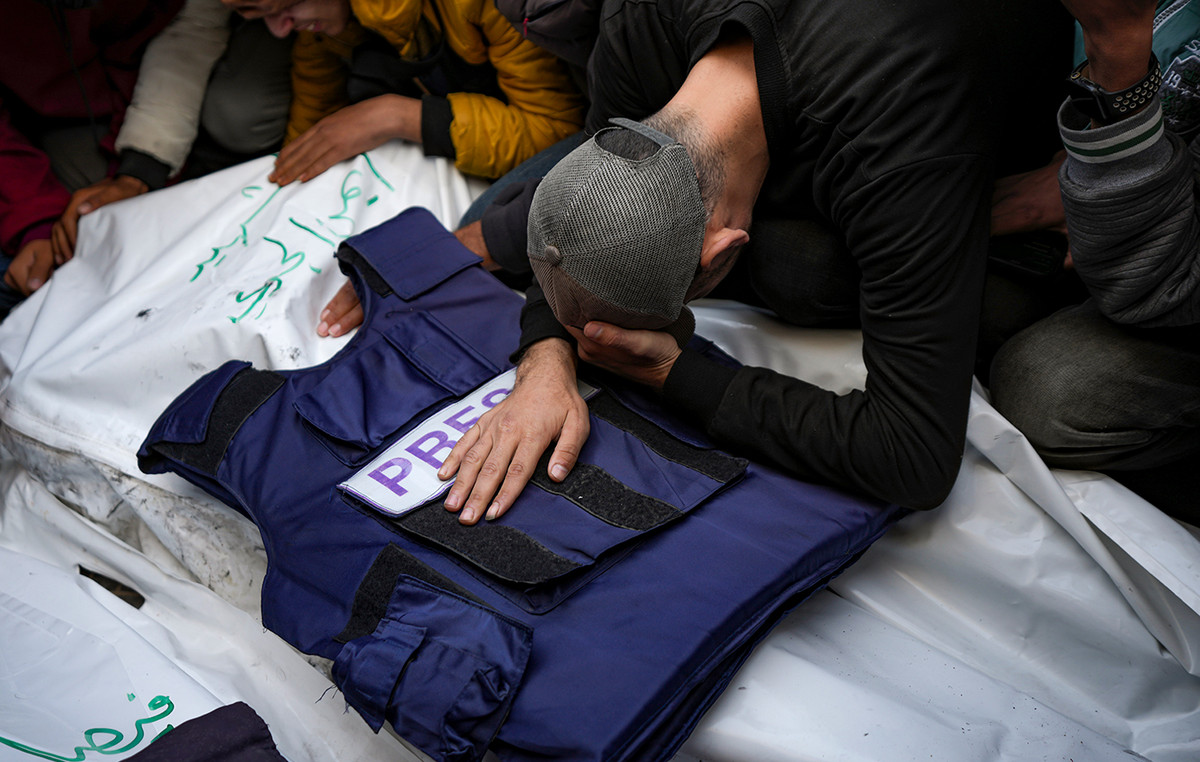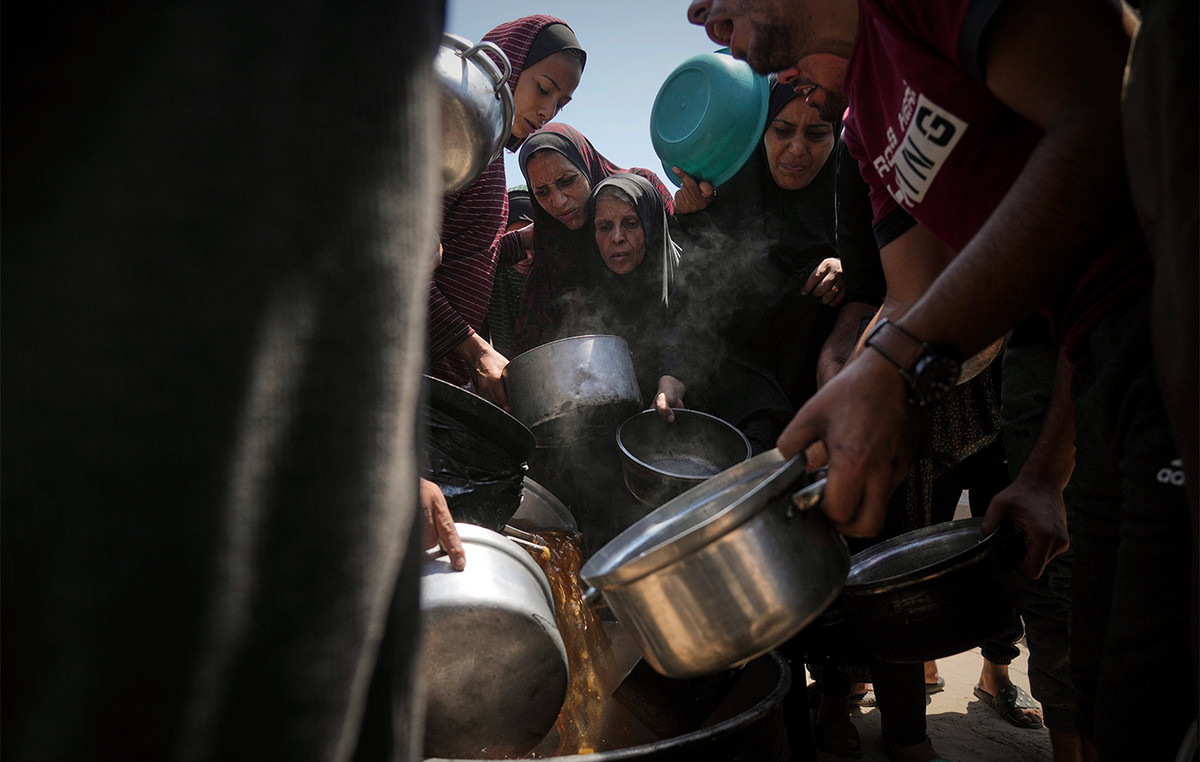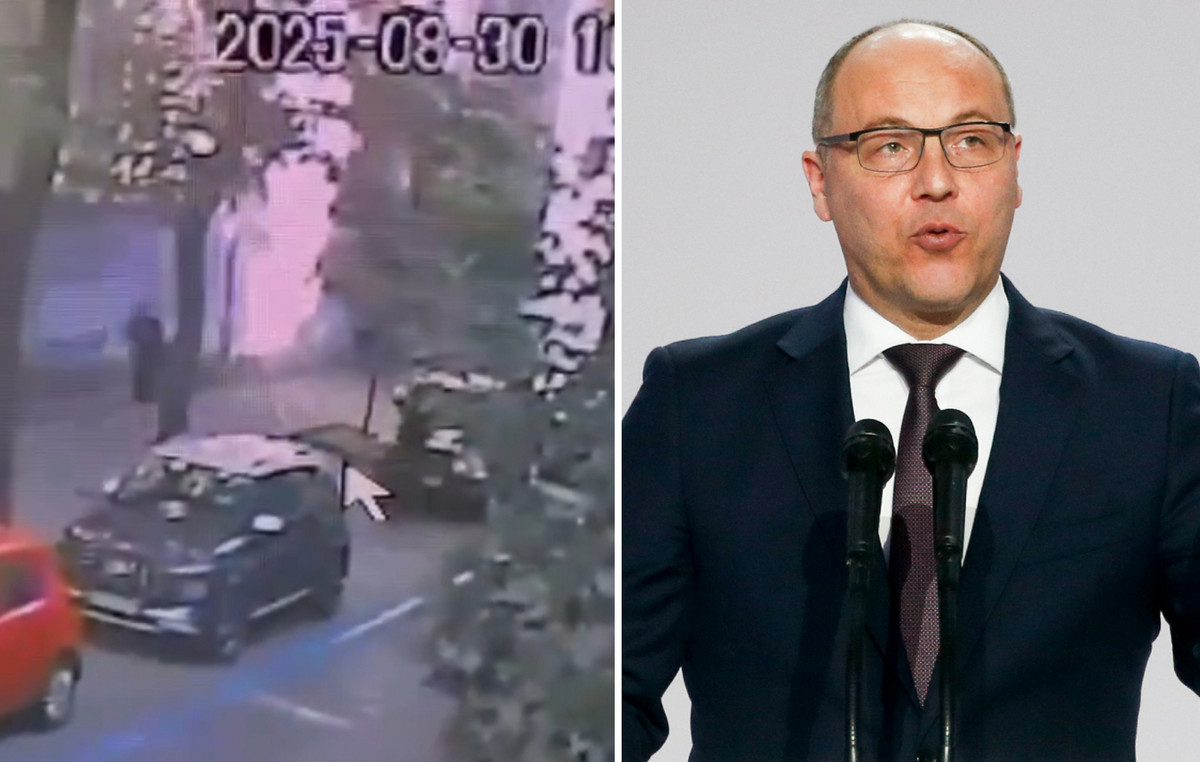Researcher in science and technology at the Institute for Energy and Nuclear Research (IPEN/CNEN-SP), Luís Antônio Albiac, spoke to CNN, on Thursday night (3), after the attack by Russian forces against the complex where the Zaporizhzhia nuclear power plant is located, in Ukraine. The expert spoke about the differences between the complex hit that night and the Chernobyl power plant, which suffered a nuclear accident in 1986.
After researching the database of the International Atomic Energy Agency (IAEA), the expert explained that the Zaporizhzhia plant is made up of six nuclear reactors – each of which produces 3,000 thermal megawatts, from which 950 electrical megawatts are obtained. – and has different characteristics from Chernobyl, also in Ukraine.
“These are different reactors from the Chernobyl type. All six are pressurized water-cooled reactors, while the four reactors at Chernobyl were boiling-water cooled and graphite-moderated. It was another type of reactor,” he explains.
The attack by Russian forces did not change the levels of radioactivity at the site, according to information sent by the Ukrainian regulator to the IAEA.
However, the researcher explains the possible more serious consequences that could occur if the reactors were directly hit by the projectiles.
“The most serious accident in this case would be some type of action that would cause damage to the plants, in order to expose the core of the reactor, where the nuclear fuel elements of the plant are located, in which mainly uranium fission products, plutonium, are accumulated” , he said.
The researcher adds, explaining that “in these products, if the damage is too severe, they can escape into the environment and that is all that you do not want to happen”.
He compares it with the case of the Chernobyl plant: “This happened with reactor 4, the nuclear power plant, on April 26, 1986; and on March 11, 2011 in Fukushima this also happened, in four of the six reactors at that plant”, he recalls.
“The idea is that a reactor never leaks into the environment, otherwise the consequences are very serious, because many of these radionuclides have half-lives. And some of them are very easy to integrate into the environment and biological systems.”
Source: CNN Brasil
I’m James Harper, a highly experienced and accomplished news writer for World Stock Market. I have been writing in the Politics section of the website for over five years, providing readers with up-to-date and insightful information about current events in politics. My work is widely read and respected by many industry professionals as well as laymen.







